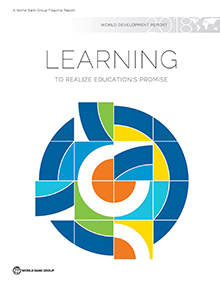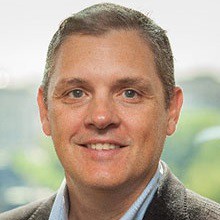Deon Filmer is Director of the Research Group at the World Bank. He has previously served as Acting Research Manager in the Research Group, Co-Director of the World Development Report 2018: Learning to Realize Education’s Promise, and Lead Economist in the Human Development department of the Africa Region of the World Bank. He works on issues of human capital and skills, service delivery, and the impact of policies and programs to improve human development outcomes—with research spanning the areas of education, health, social protection, and poverty and inequality. He has published widely in refereed journals, including studies of the impact of demand-side programs on schooling and learning; the roles of poverty, gender, orphanhood, and disability in explaining education inequalities; and the determinants of effective service delivery. He has recently co-authored the following books: Making Schools Work: New Evidence from Accountability Reforms, Youth Employment in Sub-Saharan Africa, and From Mines and Wells to Well-Built Minds: Turning Sub-Saharan Africa's Natural Resource Wealth into Human Capital. He was a core team member of the World Bank's World Development Reports in 1995 Workers in an Integrating World and 2004 Making Services Work for Poor People, and a contributor to 2007’s report Development and the Next Generation. He holds a PhD and MA from Brown University and a BA from Tufts University.
Highlights
 World Development Report 2018
World Development Report 2018
Learning to Realize Education’s Promise
The World Development Report 2018 (WDR 2018)—LEARNING to Realize Education’s Promise—is the first ever devoted entirely to education. And the timing is excellent: education has long been critical to human welfare, but it is even more so in a time of rapid economic and social change. The best way to equip children and youth for the future is to place their learning at the center. The 2018 WDR explores four main themes: (1) education’s promise; (2) the need to shine a light on learning; (3) how to make schools work for learners; and (4) how to make systems work for learning.
MORE FROM Deon Filmer
- Publications
- Blogs

